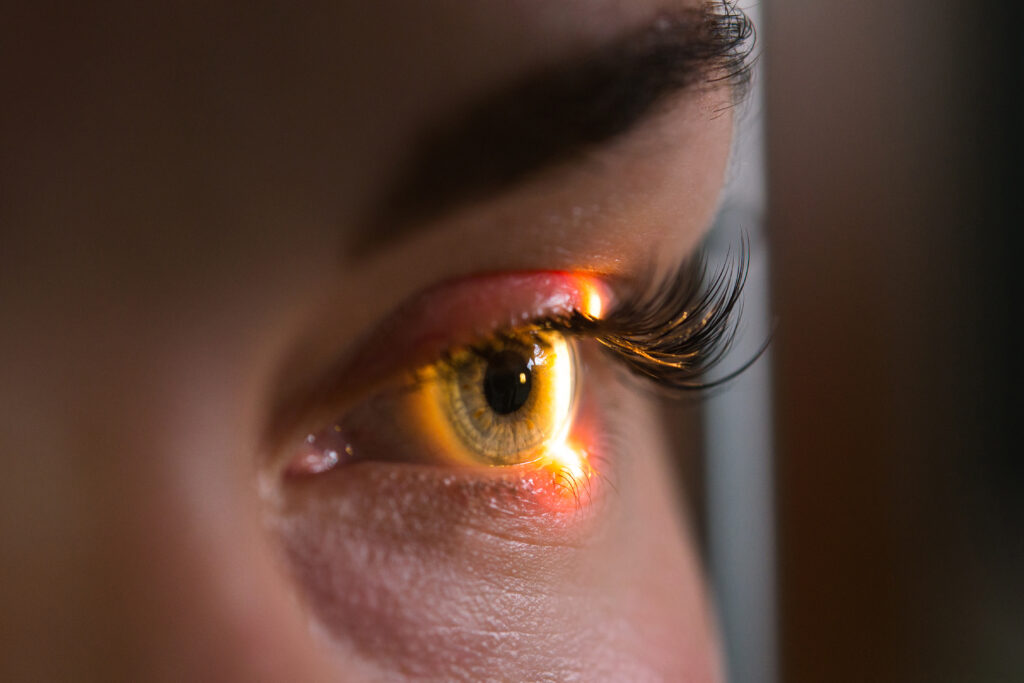Psychiatry is an area of medicine that specializes in the diagnosis, treatment, and prevention of disorders that are linked to mental health. This includes the diagnosis, treatment, and prevention of behavioral, emotional, and mood disorders.
Like every other physician, psychiatrists are medical doctors who acquire an MD or DO by attending medical school for four years and spending another four completing a residency. As medical doctors, psychiatrists specialize in all areas of mental health, which extend to substance use disorders. Given their area of expertise, psychiatrists are equipped with the tools and training to assess psychological conditions on both mental and physical levels
There is no one reason individuals choose to seek psychiatric help, including reasons like feeling sad, hopeless, or anxious, which are characteristic of depressive disorders.
What Are Depressive Disorders?
As mentioned earlier, depressive disorders or depression are characterized by feelings of sadness, a loss of interest in once pleasurable activities (anhedonia), and decreased productivity as a result of emotional and even physical problems that don’t go away on their own. Depression can be nuanced in its intensity ranging from mild to moderate to severe, all of which impact the quality of life in various ways. How this intensity is classified is dependent on a number of factors, as well as how often they occur. It’s not unheard of for some forms of depression to go through brief periods of severe symptoms.
What Is The Diagnostic Criteria For Depression?

In the case of mild depression, for example, symptoms can last for days and interfere with daily activities. Some of the common symptoms of mild depression include:
- Feelings of anger or irritability
- Feelings of guilt, hopelessness, and despair
- Feelings of self-loathing
- Loss of interest in socializing and partaking in pleasurable activities
- Lack of motivation and difficulties with concentration
- Bodily aches and pains that don’t appear to have a direct cause
- Insomnia, fatigue, and sleepiness
- Changes in appetite
- Gaining or losing weight
- Substance abuse of alcohol and other drugs
Mild symptoms that last for most of the day with an average persistence of a week or even two years is often diagnosed as persistent depressive disorder or dysthymia.
Moderate depression by contrast takes the common symptoms of mild depression and ramps them up to the point of negatively impacting the ability to work and maintain social relationships. In addition to the symptoms of mild depression, moderate depression is characterized by these symptoms:
- Feelings of worthlessness and low self-esteem
- Excessive worrying and increased sensitivities
- Reduced productivity at both work and at home
In its more severe form, depression has many of the same symptoms as both mild and moderate depression, but the symptoms are now more easily observable by friends and loved ones. Some of these easily observable symptoms of severe depression include
- Pervasive thoughts of something bad happening
- Persistent thoughts of death, suicide ideation, and/or suicide attempts
- Psychotic symptoms like delusions and/or hallucinations
- Self-neglect in the form of eating poorly, not showering, performing poorly at work, and struggling to fulfill family responsibilities
In contrast with mild and moderate depression, severe depression can last up to six months or longer. Severe depression can also go away for certain periods of time and recur for some individuals. Given the severity of symptoms of severe depression, diagnosis is imperative and even time-sensitive given the risk of suicide.
What Tests Are Used To Assess The Level Of Depression?

Some physical health conditions that are known to cause similar symptoms to depression include, but aren’t limited to viral infections, hormonal changes, and even thyroid disorders. If no physical causes can be identified by a general physician for depressive disorder symptoms, individuals will often be referred to a psychiatrist for a more in-depth evaluation.
To be able to diagnose depression, psychiatrists look for very specific symptoms. This is crucial for ensuring the right type of depressive disorder is diagnosed and the appropriate treatment is prescribed. To do this, either the psychiatrist or a licensed therapist will ask the individual very thorough questions about their mood, their behaviors, and what they do in their day-to-day lives. Questions about the family’s psychological history will also be asked. To get a better understanding of the severity of depression, the individual can be asked to complete what is known as a depression-rating questionnaire. There are at least three known examples of these types of questionnaires: the Beck Depression Inventory questionnaire, the Hamilton Depression Rating Scale, and the Zung self-rating scale for depression.
Beck Depression Inventory (BDI)
The Beck Depression Inventory (BDI) is a questionnaire comprised of as many as 21 self-reported depression questions. These questions are specifically designed to assist psychiatrists and other mental health professionals obtain a better assessment of the depressed individual’s behaviors, mood, and symptoms. There are scores of 0, 1, 2, and 3 that are assigned to each answer to rate the severity of depression symptoms.
Hamilton Depression Rating Scale (HDRS)
The Hamilton Depression Rating Scale (HDRS) is another questionnaire that’s specifically designed to assist psychiatrists and other mental health professionals measure the severity of depression symptoms in individuals already diagnosed with a depressive disorder. This questionnaire is also comprised of 21 multiple-choice questions that relate to particular signs and symptoms of depression. The answers on the HDRS are measured with scores of 0, 1, 2, 3, and 4. After the scores have been summed up, the higher the total score is, the more severe the depression symptoms.
Zung Self-Rating Scale For Depression
The Zung Scale for Depression is the third questionnaire that is given to individuals who have been diagnosed with depression in order to measure the severity of their depression. The Zung Scale is comprised of 20 questions with a score range of 20 all the way up to 80. Individuals who are mild to moderately depressed tend to score between 50 and 69. Individuals experiencing severe depression tend to score above 69.
What Is The Treatment Plan For Depression?

Medication
One aspect of treating depression entails balancing the flow of neurotransmitters in the brain responsible for regulating mood. As such, antidepressants are often prescribed to help on that front and individuals can experience improvements within the first two weeks. In most cases, the effects of antidepressants won’t be known for at least 2 or 3 months.
In cases where depressed individuals don’t experience significant improvement after the first couple of weeks, or experience negative side effects, psychiatrists can then choose to change the dosage or prescribe a different antidepressant altogether. It is often recommended that depressed individuals continue taking medication for another six months after symptoms have improved, with more high-risk individuals being recommended to continue taking medication.
Psychotherapy
In addition to medication, psychotherapy – aka talk therapy – is also prescribed as treatment for both moderate and severe depression. In cases of mild depression, psychotherapy can be used as the sole treatment. One form of psychotherapy that is known to be highly effective at treating depression is cognitive behavioral therapy (CBT). This type of psychotherapy focuses on helping depressed individuals recognize negative thoughts and teaching them to respond to life’s challenges in a healthier manner.
Self-Help and Self-Care
One other way individuals experiencing depression can improve their symptoms is by employing self-help and self-care tactics. This can include starting and maintaining a regular exercise routine, which is known to significantly improve mood. Another simple way to improve depression symptoms is to get regular, quality sleep and eat a healthy diet on a daily basis.
Electroconvulsive Therapy (ECT)
For more severe cases of depression in which individuals have not responded well to the other treatments, electroconvulsive therapy (ECT) may be used as a last resort. Under general anesthesia, a depressed individual is subjected to brief electrical stimulation of the brain. This treatment plan does not tend to last long as individuals only come in for ETC 2 to 3 times per week week until they’ve completed a total of 6 to 12 sessions.
Delray Beach Psychiatry is a group of highly trained, licensed mental health professionals who specialize in treating anxiety, depression, ADHD, PTSD, schizophrenia and other mental health conditions. For more information about our areas of expertise, visit our areas of practice, or contact us for more details.

